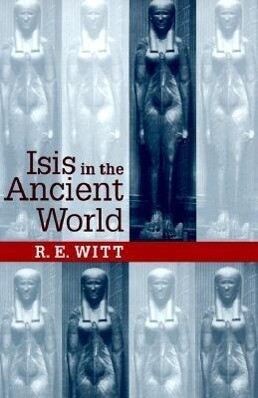Distinguished for its learning and its use of fascinating and little-known iconographic material... The importance of this study, both for the history of religions and of Graeco-Roman society, lies in the evidence, assembled and interpreted, of a widespread desire to worship a goddess who embodied maternal compassion and omnipotent wisdom. History Today This is in many ways a pioneering book by an author who knows how to use archaeological as well as literary evidence. It is an important contribution to an understanding of the religious attitudes of ordinary men and women who lived under the rule of the Caesars... [It is a ] well-written, well-planned, and finely illustrated work [that] contributes powerfully to our knowledge of significant aspects of the Graeco-Roman world. Times Literary Supplement Particularly stimulating is the attempt to assess the impact of the Isis cult on Christianity. Here Dr. Witt is able to deploy his wide knowledge of the religion of the Byzantine era and its sequel in Greek Orthodoxy, and he is also able to correct the severe underestimation of the moral appeal of the Isis cult which has hitherto prevailed among historians of Christianity. -- J. Gywn Griffiths Journal of Egyptian Archaeology










